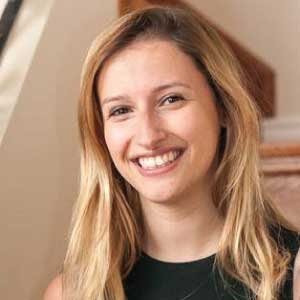Takeaway
Ageism is a form of discrimination that contributes to poor health outcomes. To mitigate its effects, we must enact policies that address biases in ourselves, our workplaces, and our communities.

Lifelong learning in clinical excellence | August 3, 2020 | 1 min read
By Michelle Gyenes, MS, Columbia Mailman School of Public Health
Dr. Louise Aronson’s Pulitzer-finalist “Elderhood: Redefining Aging, Transforming Medicine, Reimagining Life,” is a memoir, history book, cultural anthropology document, and policy critique. As a practicing geriatrician, Aronson outlines how American society has traditionally viewed ageing, and how that has led to adverse health outcomes, negative age-related stereotypes, and ultimately, an unsustainable healthcare system.
Dr. Aronson seamlessly integrates personal anecdotes with findings of peer-reviewed research to illustrate a central point—the way we look at ageing is fundamentally flawed and needs to change. “Elderhood” provides us with tools to make concrete modifications in our daily lives to work toward shifting the cultural view of ageing.
Here are four things we can do to fight ageism:
1. Recognize elderhood as a unique stage of life.
Each stage of life has benefits, drawbacks, and intrinsic value.
2. Identify ageism within ourselves and within our communities.
Examine your own feelings towards older adults and question where those beliefs originated. Investigate policies, services, and physical spaces in your community that may not be age-friendly.
3. Talk with peers about our own age-related biases and how they can be addressed.
Recognizing bias has become part of mainstream discourse, however age-related bias is often left out of the discussion. There’s much to be gained through age diversity in society, which can be realized once we evaluate our existing stereotypes.
4. Educate ourselves on the processes related to ageing, including those of death and dying.
Societal discomfort with death and dying can propagate fear and stigma. There’s also a tendency to conflate ageing and death, which is a misrepresentation of both processes. Learning about ageing and dying as unique phenomena can help reduce existing stigmas.
“Part of what makes old age hard is that we fight it, rather than embracing it as one stage in a universal trajectory.”
-Dr. Louise Aronson

